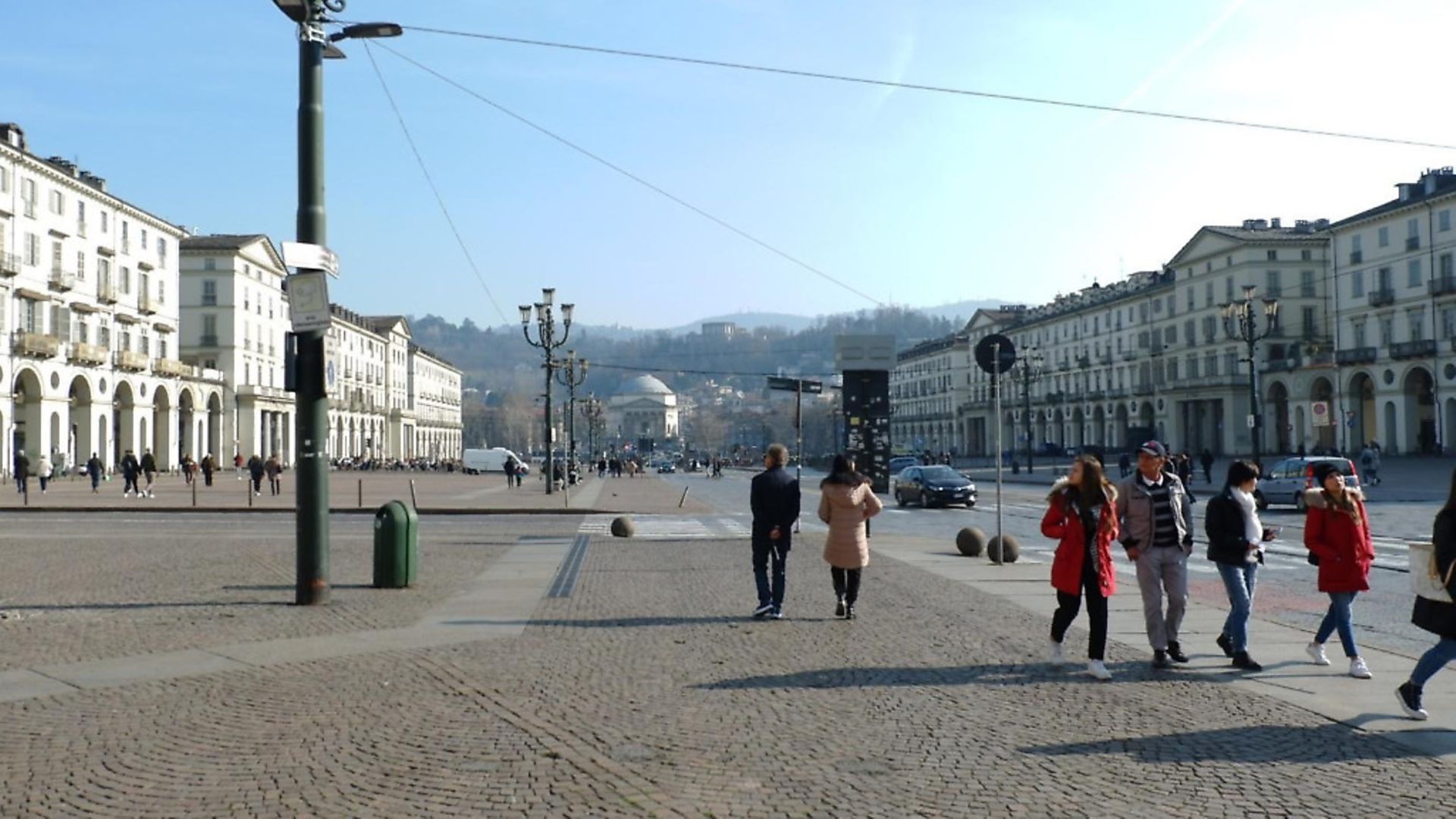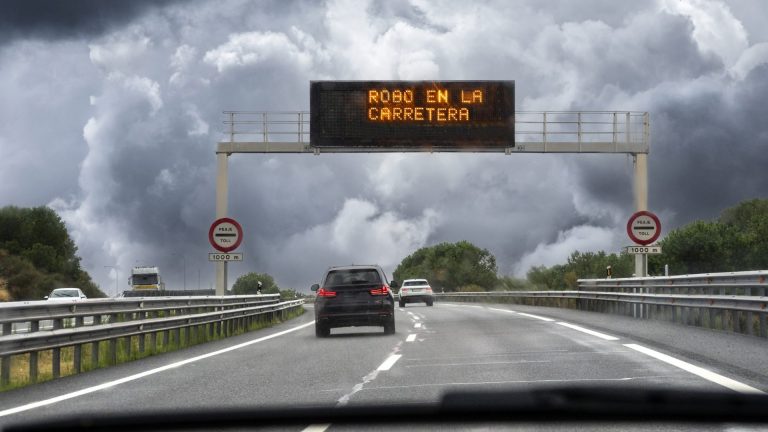
GEORGIA FLYNN works in Turin, one of the regions affected by the outbreak in Italy. She describes how the city has gradually closed down.

My first clue that the coronavirus might be something big came earlier than for most. I share a two-bedroom flat in the centre of Turin with a Chinese friend. She flew back to her hometown on December 4 and has not returned since.
For the rest of northern Italy, the impact of the outbreak came quite suddenly. I work in the city as an English language assistant in a couple of schools and a nursery, and as a babysitter.
Schools broke up as normal for the Carnevale holiday on Friday, February 21, and, I like others, was delighted to have some free time ahead, perhaps to go to the mountains or Liguria with friends.
The next day, however, saw a surge in confirmed cases in northern Italy, as well as the first deaths. That weekend, it was announced that schools in Piedmont (the region which covers Turin) would stay closed.
This was a tipping point, a jolt for everyone. But on that first weekend it was not immediately obvious that things had changed: I carried on as normal; I saw my friends, we went sightseeing and went to bars and I used public transport as usual.
There was confusion. My friends were asking what we could do? What about vaccines? Could we leave the house? I spoke to my parents in England and we agreed that stockpiling a few essentials might be a good idea. I live off pasta out here anyway so naturally a few more boxes were never going to go to waste.
The following Monday, I made the trip to the local supermarket expecting to see the streets eerily quiet and the shelves barren. They weren’t though. The shop was well stocked and I had to queue, as always, at the till. The bar at the end of the street was open with people sat outside smoking.
As days went by, and the numbers of cases and deaths rose, my behaviour did change. I stopped going out unless I had specific things to do. As I saw it, there was no point in risking things. You do get restless being cooped up though.
Have your say
Send your letters for publication to The New European by emailing letters@theneweuropean.co.uk and pick up an edition each Thursday for more comment and analysis. Find your nearest stockist here or subscribe to a print or digital edition for just £13. You can also join our readers' Facebook group to keep the discussion and debate going with thousands of fellow pro-Europeans.
When I did venture out, the thing I found striking was the lack of masks. Regardless of whether they are effective or not, every time I read something about the virus, it was accompanied by photographs of people in masks.
But out on the streets, I hardly saw any. Since the start of the scare, I can count the number of people I’ve seen wearing them – and this is in the epicentre of the Italian outbreak – on both hands.
After a while, I did start to go back to normal. I couldn’t work because the schools were closed, but I was going out for walks, shopping and having lunch with friends. And so, apparently, was everyone else. At this stage, there were only six confirmed cases in the immediate region, so the attitude seemed to be that things could still carry on as normal as possible.
A week after the school closures were announced, my tutor got in touch to say there was a plan to reopen on March 4. I breathed a sigh of relief. Not only did things seem to be going back to normal, but I might also get paid again. (The enforced time off had seen my funds take a bit of a beating.)
Then came the big spike in cases, and deaths, announced on Monday, March 2. There would be no school reopening that week, or for the foreseeable future. The following day was the first time I really noticed a change. I went for a walk to get out of the house and the city was empty. I walked along a main bus and tram route and each vehicle that passed me had less than six people on board.
There were few other people out walking and more shops were staying shut. It finally felt real – very different from the relatively relaxed week before. There was genuine fear. The virus had been spreading at an alarming rate. People were concerned about loved ones.
It was at this point that I decided to go back to the UK. There is no prospect of the schools reopening before at least Easter and, unsurprisingly, people are not that keen on having babysitters around. There was also the possibility that if I did not fly to the UK now, I would not be able to later.
Of course, I have concerns about leaving, not just because I have a home and a job in Turin, but because I am worried for my loved ones in the UK. I know that, completely unwittingly, there is a chance I could be infected (I have no symptoms) and could put them in danger, especially my grandma who suffers from COPD.
But I have to remain rational. We have had 108 cases in the entire region and only 19 in Turin; 61 of those infected are in recovery. So what are the odds?
I flew home at the beginning of this week, just as the Italian government announced its most drastic measures yet, with up to 16 million people in northern areas covered by quarantine restrictions. (Since my return, these restrictions have been extended to cover the entire country.) As I left, the sun was shining more than it had been last week, and the city seemed less empty than before.
Whether this is a good thing or not, I cannot say, but the weather did give me optimism. Italy’s is an open and friendly lifestyle. It is not suited to outbreaks or to quarantine. I only hope that I can go back there soon.






